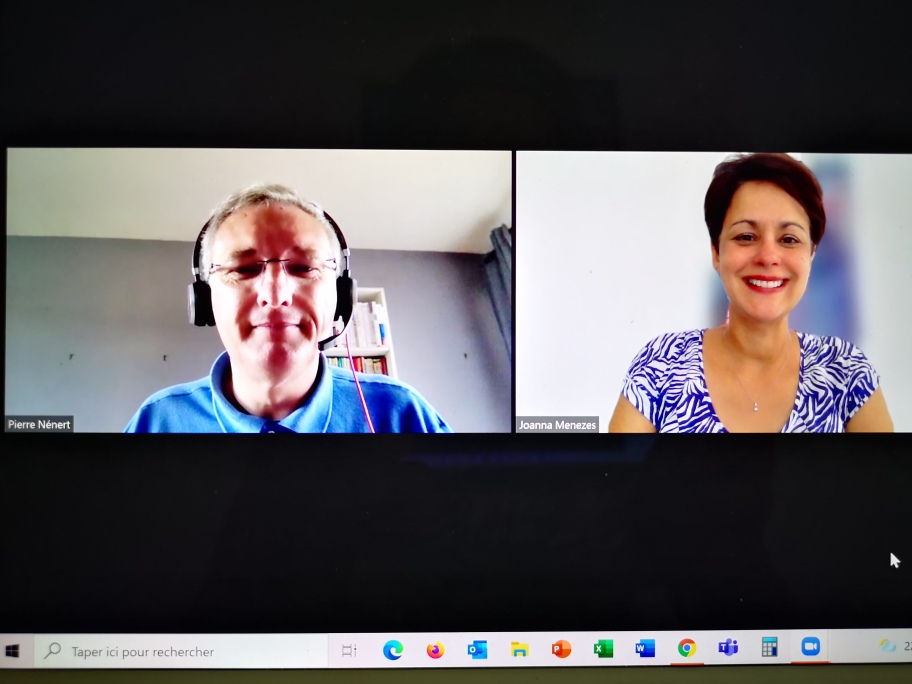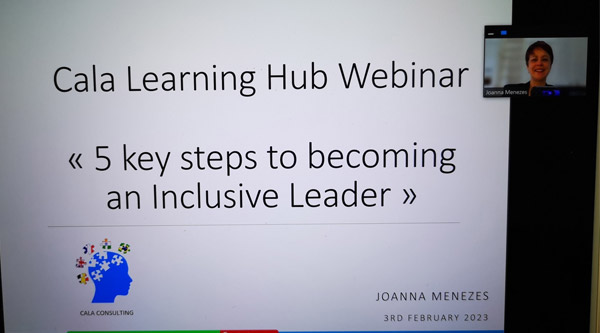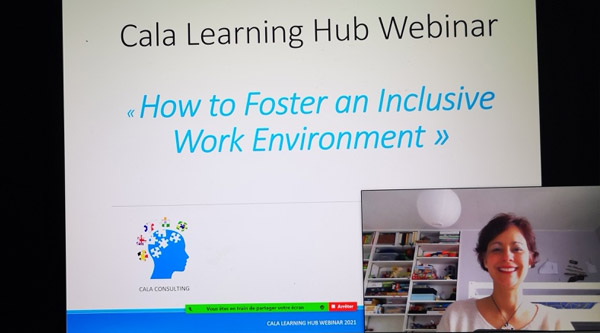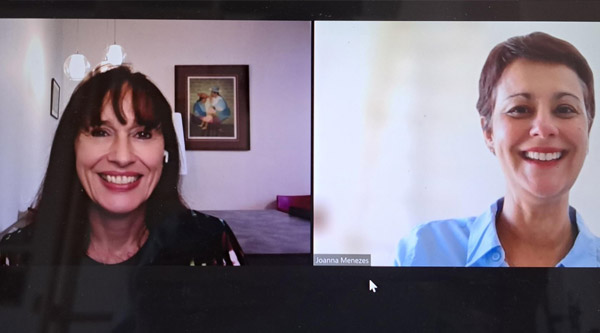Do you know anything about managing your emotions? Perhaps you are among those who try to control their emotions on a daily basis, whether at home or at work? However, "emotions cannot be managed, you just have to learn to live with them", says executive coach specialised in leadership Pierre Nénert, who hosted a webinar on this topic on 10th September 2021. About 30 members of the Cala Learning Hub network logged on to listen to him, all very keen to find out more.
Emotion: a messenger that guides our decisions and actions
Is an emotion a feeling, a reaction or a physical manifestation? "Emotion can be defined as a messenger that sets us in motion, makes us take action," he explains. According to experts, there are six basic universal emotions: joy, fear, anger, sadness, surprise and disgust. Each of these can have different levels of intensity. "Fear, anger or sadness are unpleasant, but they are necessary for our survival because they respond to our need for security, identity or meaning," Pierre continues.
The brain at the heart of our emotions
So what happens in our brains when we are confronted with a difficulty, such as conflict or an attack for example? "Most of the time, we run away because we are afraid, we fight because we are angry, and then we withdraw because we are sad," he explains. Scientifically, our brain first reacts quickly to the event in an automatic and totally unconscious process. Then it memorises the situation and projects itself to anticipate future events.
However, we must "learn to deal with our two brains", reminds Pierre Nénert: our archaic, automatic and non-conscious brain, which reacts directly to the reality of the moment, and our reflective, cognitive, more conscious brain, called the neocortex. To do this, the most important thing is to slow down, i.e. to stop when the emotion overwhelms us in order to react differently and to question ourselves about what we have just gone through. What is going on? What can I change so that history does not repeat itself? "The aim is above all to listen to oneself and to be kind to oneself," he says.
An emotional survival kit
In the event of an emergency, how can we slow down in concrete terms? Pierre Nénert gives some ideas: get up, walk, have a drink of water, take deep breaths, let the emotional wave pass over you and prevent the process from getting out of control. Then, he advises, try different approaches such as :
- Using a technique to help regulate the emotion, for example the TiPi method;
- Being mindful of one's breathing through mindfulness meditation, yoga or cardiac coherence exercises;
- Channelling your energy into a physical activity (walking, running, etc.).
Let's not forget that managing our emotions on a daily basis is useful for ourselves, but also for managing our relationships with others more effectively. A word to the wise!

Blog articile written by Laure Blancard https://www.linkedin.com/in/laure-blancard/






 Copyright © 2016 - 2024 - Cala Consulting
Copyright © 2016 - 2024 - Cala Consulting